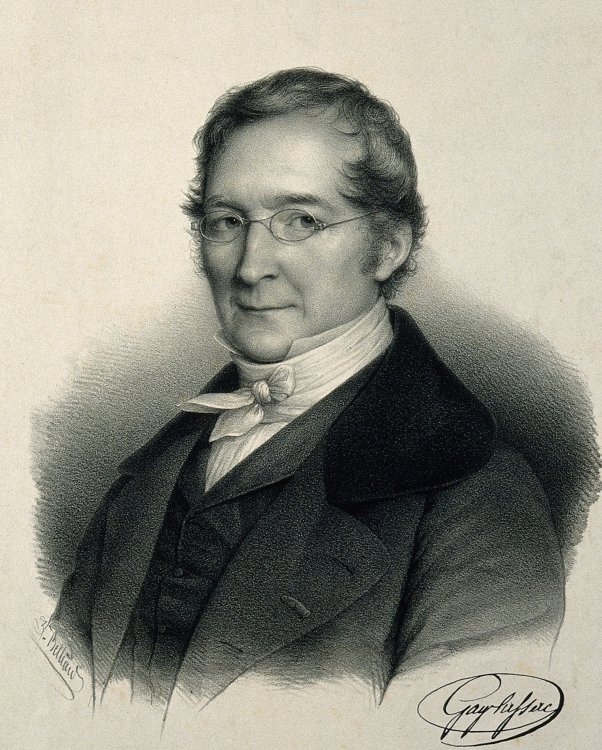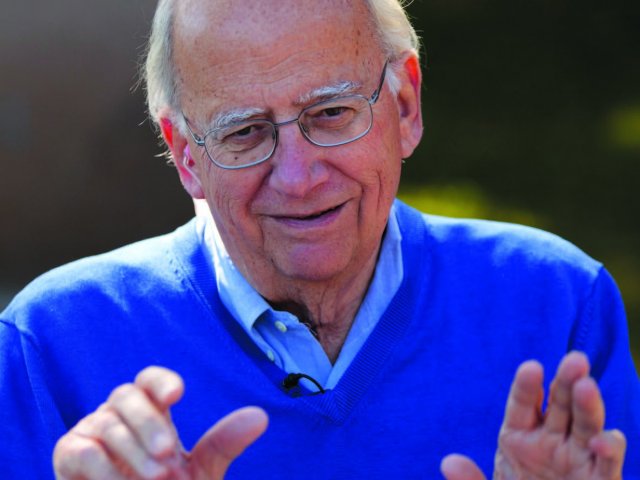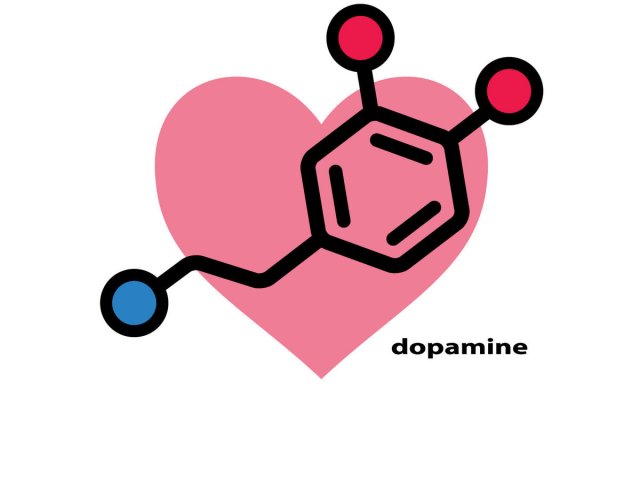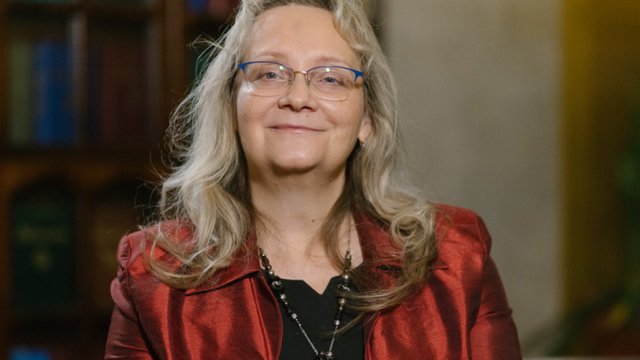Official:
Joseph Louis Gay-Lussac. December 6, 1778 – May 9, 1850. French chemist and physicist, member of the French Academy of Sciences.
Life and Work:
1. Today, every schoolboy knows that Boyle and Marriott are two different physicists, while Gay-Lussac is a single person. But not even all adults know that Joseph Louis Gay-Lussac is recognized as one of the greatest scientists in France, and his name is on the list placed on the first tier of the Eiffel Tower.
2. This major scientist was born in the province of Limousin on September 6, 1778. His father, a crown prosecutor and judge, prospered until the French Revolution, when he was arrested and taken to Paris. His son also followed the father – to try to free him.
3. After the coup that overthrew the Jacobin dictatorship, Gay-Lussac’s father was released, and the son entered a boarding school, and then Ecole Polytechnique.
4. There, Gay-Lussac was so successful that he became the best student and got a job in the laboratory of the famous chemist Claude Louis Berthollet, and then a job as a teacher at Ecole Polytechnique.
5. Students liked Gay-Lussac and considered him one of the best teachers: he delivered lectures without looking at his notes, in simple and understandable language, without the usual ornate and pompous tirades of that time.
6. The teachers liked Gay Lussac as well: Berthollet himself bequeathed him his sword of the French peerage, since he was quite sure that Gay Lussac’s place was in the House of Peers. But the election was delayed for many years – the peers, as they thought back then, should not work with their hands.
7. And Gay-Lussac worked really hard. And it would be not a great exaggeration to say that he worked for two: Joseph Louis Gay-Lussac discovered the two gas laws named after him, isolated boron, obtained hydrocyanic acid, improved chemical analysis methods and sulfuric acid production technology.
8. Simultaneously with Humphrey Davy, Gay-Lussac proved that iodine is a chemical element very similar to chlorine and obtained iodine compounds – hydrogen iodide, for example.
9. Together with Alexander Humboldt, Gay-Lussac discovered that oxygen and hydrogen turn into water when combined in a ratio of 1:2.
10. Together with Louis Jacques Tenard, Gay-Lussac came up with a method for producing metallic potassium and sodium. Gay-Lussac also coined the word “chlorine,” invented the barometer, and patented the stearin candles production.
11. Professor of physics at the Sorbonne and professor of chemistry at the Paris Botanical Garden, long-time editor of Annals of Chemistry and of Physics Gay-Lussac worked a lot on industrial orders in the last years of his life. He proposed a simple and safe method for producing sulfuric acid, invented a method for separating gold from copper, and found a way to produce alkali metals in industrial quantities.
12. It was Gay-Lussac who coined the terms “pipette” and “burette.”
13. Contemporaries write that Gay-Lussac was extremely honest, demanding of himself, colleagues and opponents, as well as extremely brave. Both in science and in life. He defended his colleagues from censorship and repression and bravely conducted dangerous experiments. During his experiments with potassium, he almost lost his sight, and later suffered a serious injury to his hand.
14. There is evidence that Gay-Lussac was extremely emotional and enthusiastic – students often caught him dancing in the laboratory after a successful experiment.
15. Gay-Lussac had no interest in politics, although he was a member of the Chamber of Deputies and the Chamber of Peers. In both chambers, he spoke exclusively on scientific and technical issues.
16. In the last years of his life, Gay-Lussac shut himself up in Lussac Estate and started writing Chemical Philosophy. But he did not have time to finish it: he died in his wife Josephine’s arms. They were united by mutual love and common interests – Gay-Lussac met the simple saleswoman when she was reading a treatise on chemistry.
17. In addition to his native French, Gay-Lussac spoke Italian, English, and German fluently.






















